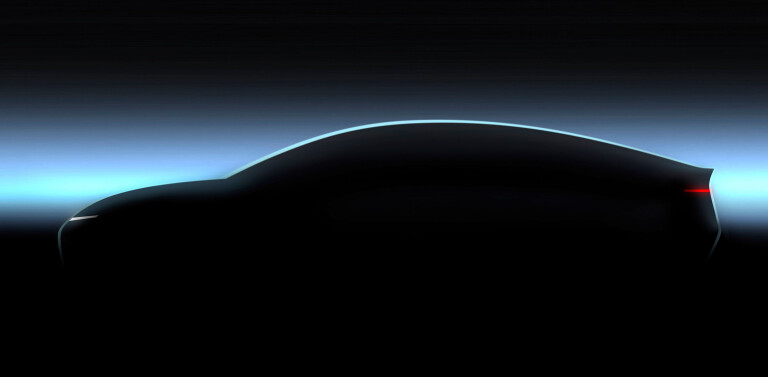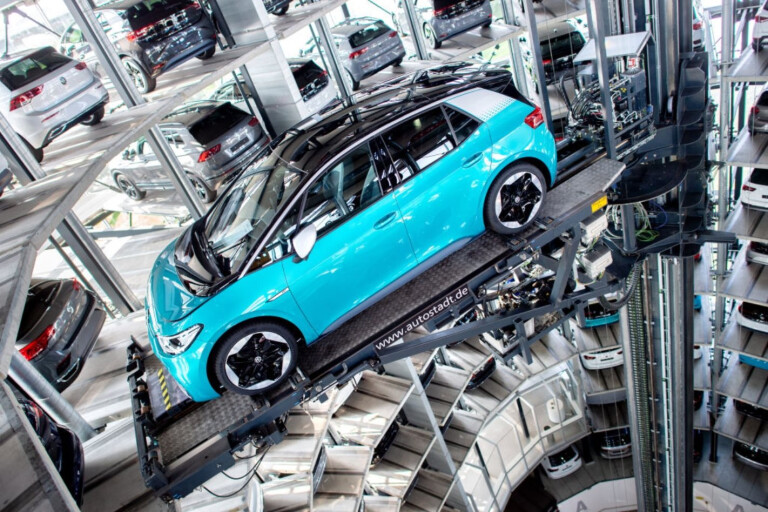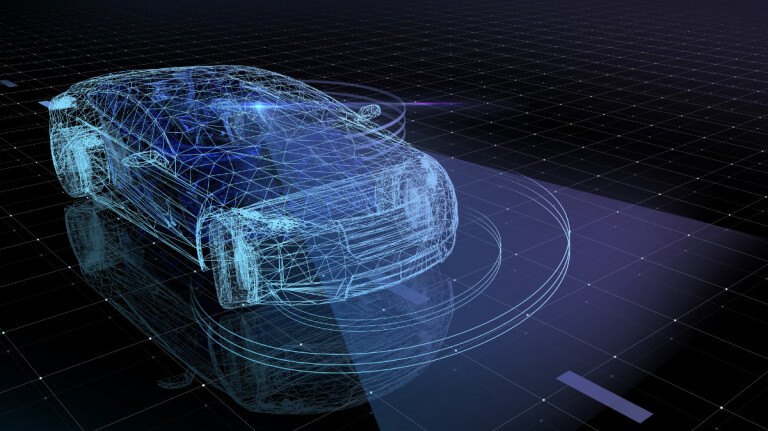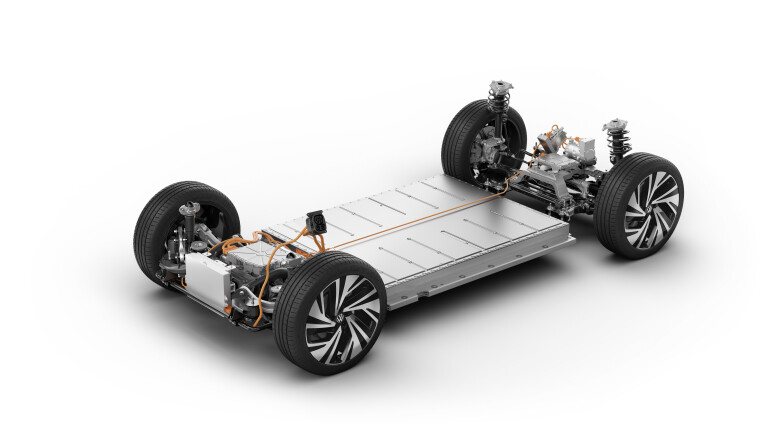
Snapshot
- More advanced Level 2 autonomous driving systems to feature
- Wolfsburg plant to expand
- Over half of VW's US and Chinese sales will come from EVs by 2030
UPDATE, September 16, 2022: Volkswagen creating EV and autonomous car division
Volkswagen is creating a "New Mobility" division specifically tasked with the development of its next generation of electric and autonomous vehicles.
The new department, which will be headed up by Thomas Ulbrich – the brand's current development chief, will be responsible for VW's current ID battery-electric vehicles and future models based on its new, highly scalable SSP platform – including the Trinity project.
Ulbrich will also join the supervisory board of Cariad, VW’s software unit.
VW brand CEO Thomas Schaefer said the move was aimed at "systematically driving forward the company’s transformation toward a software-oriented mobility provider," according to Automotive News Europe.
Read more about the Trinity Project below.

The story to here
December 2021: Project Trinity to go into production by 2026
Volkswagen has confirmed that the Project Trinity electric car will go into production by 2026 and bring recharging that’s as quick as filling a car with petrol.
It will ride on an all-new architecture that changes the game in electric car charging and efficiency. Volkswagen will also advance autonomous driving technology with Level 2 driver assistance tech that is hands-off.
While that is not beyond current systems available today, the car will be built with the technology for Level 4 automated driving that can be unlocked as soon as regulations allow.
Level 4 means the car can drive itself within defined roads (usually mapped for Lidar), without the need for close human supervision or intervention. Mercedes-Benz has just been granted approval for Level 3 use on German roads next year.

Project Trinity will be built at Volkswagen’s plant in Wolfsburg, which will soon be transformed into a new EV production centre.
"Our business model is undergoing radical change – Volkswagen is being transformed from a traditional automotive manufacturer to a vertically integrated group with strong brands and world-leading technology platforms,” said Herbert Diess, Volkswagen CEO.
“Wolfsburg, our Group’s long-established headquarters, will be central to the transformation, because we can only safeguard our strong position long term if Wolfsburg is successful. We will give the Wolfsburg site a new identity with our vision for 2030.
“Our goal is to create an internationally sustainable site with efficient Group steering, two electric manufacturing facilities, plus a state-of-the-art research and development centre, and to establish and expand other future-oriented fields.”

Ralf Brandstätter, CEO of the Volkswagen brand, has also described the car as “a highly efficient flat-seat concept with an iconic design – our innovation leader. Trinity is a sort of crystallisation point for our Accelerate strategy, a lighthouse project, our software dream car.”
Accelerate is VW’s goal to make more than 50 per cent of its sales in the US and China fully electric by 2030, while focusing more heavily on developing digital technology and software – both in its cars and its production methods.
Volkswagen’s previously published teaser image gives little away about Project Trinity’s styling, but it’s clear to see that it will be a sleek car with a large interior space. The car will be a halo model that drives VW into a new technology and digital future that sees significant changes from the last three decades.
By 2030, VW anticipates that one third of the revenues in the global mobility market will come from software-based services. So, the brand has set aside around $45 billion for the digitalisation of its services and sales.
“In the future, the individual configuration of the vehicle will no longer be determined by the hardware at the time of purchase.” says Brandstätter. “Instead, customers will be able to add functions on demand at any time via the digital ecosystem in the car.”

COMMENTS